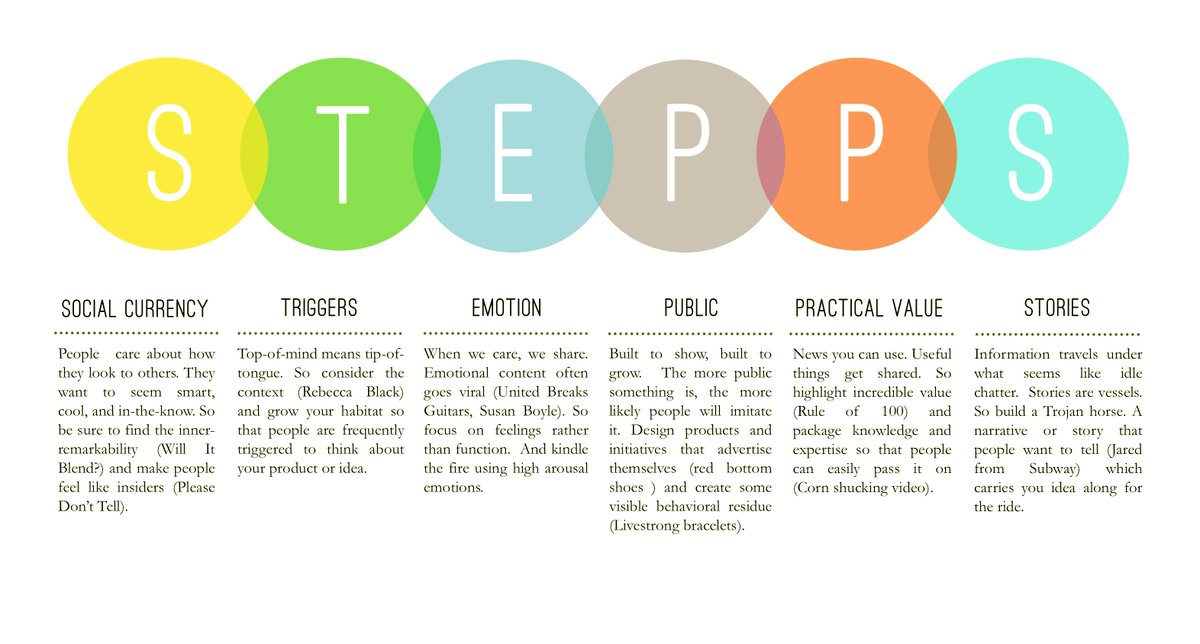

The quotes from the book that stayed with me include:īecause rather than asking what might convince someone to change, catalysts start with a more basic question: Why hasn’t that person changed already? What is blocking them?

There’s more to the book obviously as I’ve cited in my opening paragraph. That’s the book for you really if you feel that just picking up a catchy framework is enough. The key one I have produced below (coz bunch of it is already been mentioned in authors talks) already. The author summarized the entire book in the finale as well with a few diagrams. These parts really set the book apart and the book is worth reading in its entirety as well.

And finally, the final part about Arab and Israeli youngsters discovering commonalities between them in a summer camp in America sealed the book nicely. The example that follows of how a psychologist helped Americans love the animal liver (and perhaps kidneys) in their diet was amazing as well. As the chapter dives into telling the story of drug addicts and how interventionists take steps to get addicts to agree for help - you walk through a poignant and real evidence of how psychological studies can bring out real change. The spark moment in Jonah Berger’s latest book The Catalayst is in the chapter Corroborating Evidence. This quote from the book will always remain with me! Horrible performance generates action, but average performance generates complacency. Terrible things get replaced, but mediocre things stick around.


 0 kommentar(er)
0 kommentar(er)
